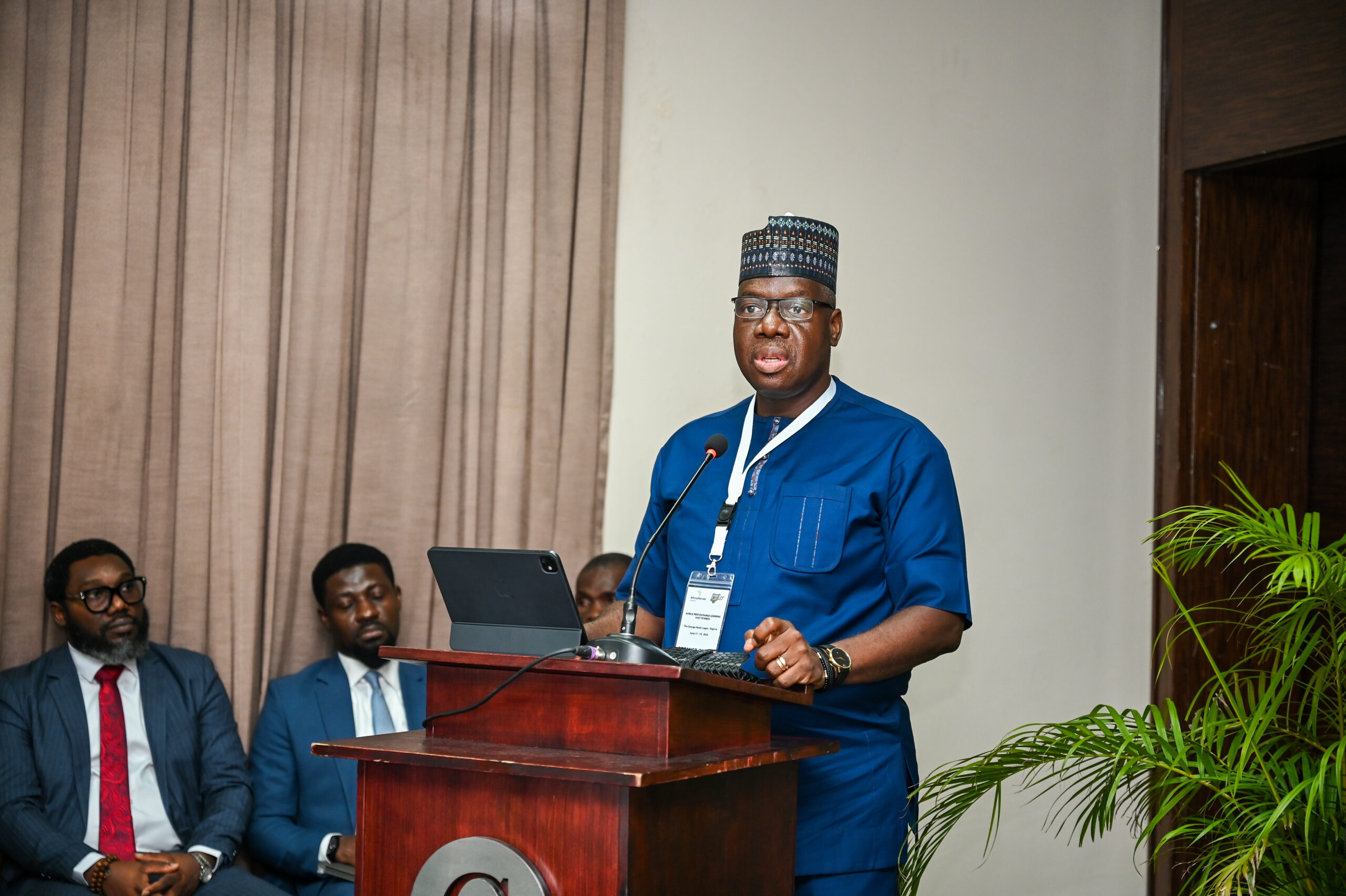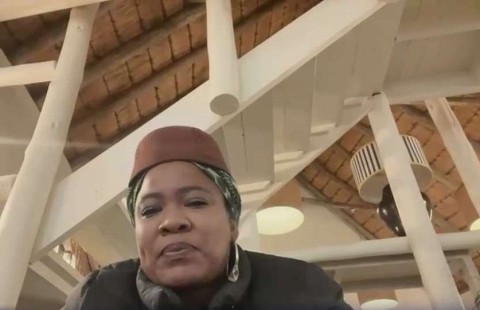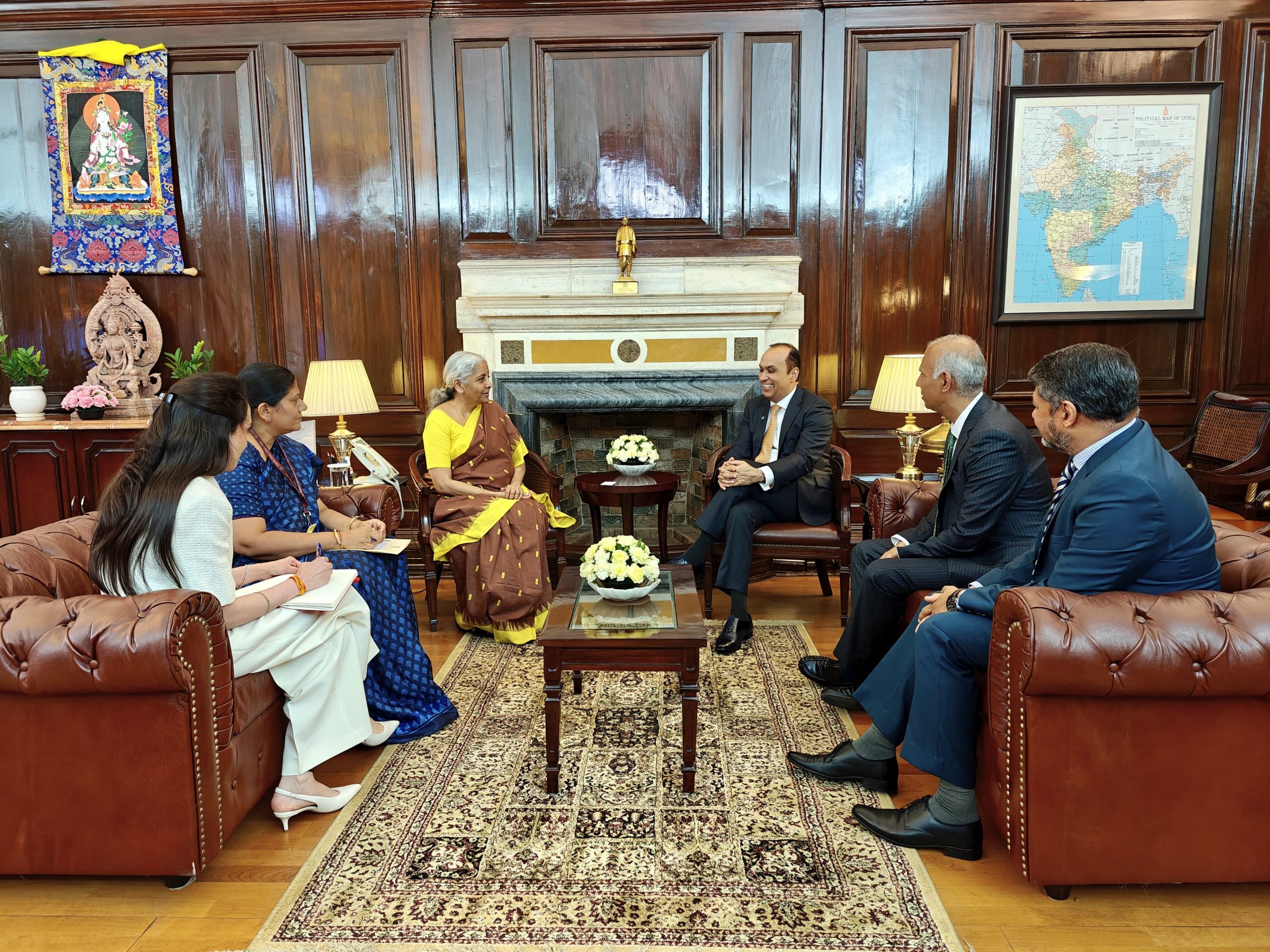AfricaNenda Foundation and NIBSS push for scalable, inclusive payment systems at stakeholders forum
Africa must move beyond building digital infrastructure for a limited elite and instead focus on scalable systems that serve the most vulnerable, including women, youth, and informal workers. Despite rising mobile use, fintech investment, and progress on digital public infrastructure, over 400 million Africans remain financially excluded.
Dr Robert Ochola, CEO of AfricaNenda Foundation, called this contradiction “not only unsustainable but unacceptable.”
Speaking at the opening plenary of the Peer Learning Visit co-hosted by AfricaNenda Foundation and the Nigeria Inter-Bank Settlement System (NIBSS) in Lagos, he urged policymakers to prioritize inclusive, interoperable systems built from the margins inward.
“The real question is: can we build inclusive, scalable systems that serve every citizen — not just the privileged few?” he posed.
He pointed to Nigeria’s NIBSS payment system as a proof point, stressing the importance of building interoperable, trusted systems rooted in strong governance and local ownership.
“Nigeria’s NIBSS system is a case study in continental leadership. It processes nearly a billion transactions a month,” said Dr Ochola. “It connects banks, fintechs, and switches. It operates 24/7, with real-time clearing, deep security, and inclusive design.”
AfricaNenda Foundation, he noted plays an active role in supporting system design, building regulatory capacity, and facilitating peer learning through communities of practice. “We listen, we learn, and we walk with countries as they build inclusive financial infrastructure,” he added.
Premier Oiwoh, Managing Director and CEO of NIBSS, urged African countries to move past legacy frameworks and develop homegrown payment solutions. He stressed the need to dismantle artificial trade barriers and foster continental integration.
“Africa must move beyond colonial mindsets and build payment solutions by Africans, for Africans. Free trade requires free movement,” he said.

Highlighting NIBSS’s close partnership with the Central Bank of Nigeria as a model, Mr Oiwoh called for real-time regulatory oversight and higher operational standards.
He proposed the creation of an Africa Regulators Forum on Digital Payments to align standards, share knowledge, and co-create secure, inclusive systems a across the continent.
Representing Phillip Ikeazor, Deputy Governor, Financial System Stability at the Central Bank of Nigeria and Chairman of NIBSS, Musa Jimoh reminded stakeholders that the true competitor in Africa’s financial landscape is cash, not other institutions.
He explained that Nigeria’s instant payments model emerged from a need to solve local challenges through scalable innovation. To extend these gains continent-wide, Mr Jimoh urged regulators to deepen collaboration and ongoing engagement.

“Regulators across Africa should speak to each other. Collaborate and have continuous engagements. Let us prioritise this collaboration to meet the demands of an increasingly complex environment. Rise above jurisdictional silos to come together and work as Africans,” he said.
The five-day event brought together delegates from over 10 African countries — including central banks, payment system operators, and regulators — for technical briefings, policy dialogues, site visits, and hands-on workshops. Nigeria’s NIP system served as a living case study in building interoperable, real-time payments that drive inclusion.
Participants left with a shared ambition: to replicate Nigeria’s success while tailoring solutions to their own national and regional contexts — all with the goal of making inclusive instant payments a reality for all Africans.











